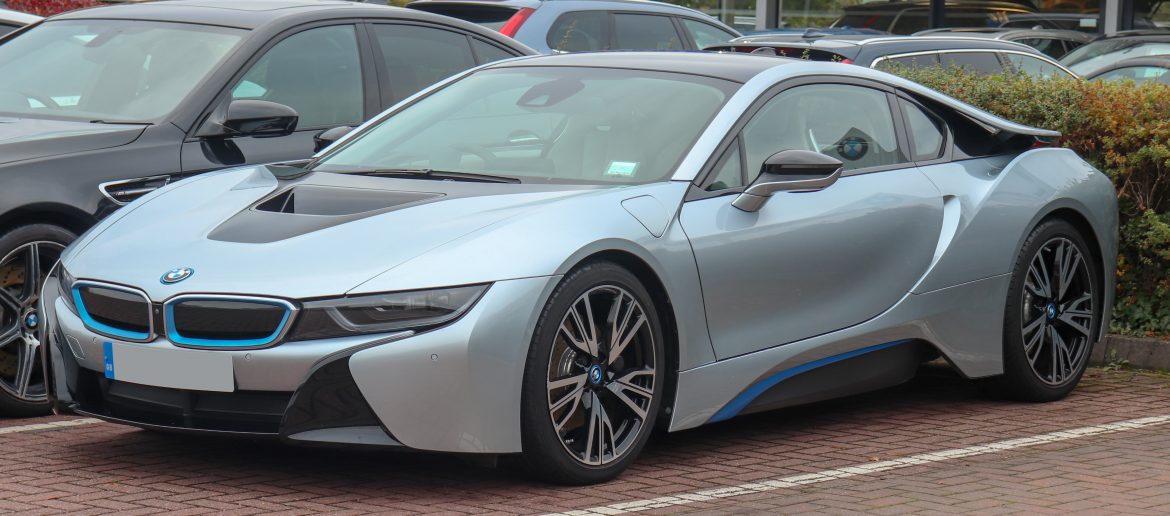A report released by the House of Lords, titled “EV strategy: rapid recharge needed,” has underscored the urgent need for the UK government to facilitate a swift transition to electric vehicles (EVs). The report, following an inquiry into Britain’s EV transition strategy, highlights several key recommendations aimed at addressing barriers to EV adoption and accelerating the shift towards cleaner transportation alternatives.
Calls for targeted subsidies and enhanced infrastructure
The House of Lords report advocates for targeted subsidies to make EVs more accessible, particularly for lower-income car owners. It emphasises the necessity for the government to play a proactive role in communicating the benefits of EV ownership to the general public. Baroness Kathryn Parminter, who chaired the inquiry, stressed the importance of governmental intervention in addressing the critical gap in public awareness and support for EV adoption.
Moreover, the report urges the government to expedite the development of new charging infrastructure across the country. It calls for a review of outdated planning regulations that hinder the widespread rollout of charging stations, recognising the pivotal role of robust infrastructure in encouraging EV uptake. Insufficient charging infrastructure has remained a significant impediment to the mass adoption of electric vehicles, discouraging potential buyers due to concerns about range anxiety and accessibility.
Challenges and opportunities
While Britain celebrated the sale of its one-millionth fully-electric vehicle in January, challenges persist in achieving broader EV adoption. Although overall EV sales have witnessed an upward trend, the Society of Motor Manufacturers and Traders (SMMT) cautioned against declining demand from private buyers. This trend underscores the necessity for government intervention to stimulate demand through targeted subsidies and incentives.
The UK government’s transport ministry highlighted a decade of grants and incentives that have contributed to the proliferation of over 1 million EVs on British roads. However, the spokesperson stressed the importance of strategic investment to maximise the impact and ensure value for taxpayers’ money. This statement reflects the government’s commitment to prioritising initiatives that yield tangible results in advancing the EV transition agenda.
Policy adjustments and future outlook
In September, British Prime Minister Rishi Sunak announced a delay in the ban on fossil-fuel cars, extending the deadline to 2035 from the initial target of 2030. Sunak cited the “unacceptable costs” to British households as a primary reason for the delay, signalling the government’s recognition of the challenges associated with a rapid transition away from internal combustion engine vehicles.
Looking ahead, the recommendations outlined in the House of Lords report provide a roadmap for policymakers to address existing barriers and accelerate the adoption of electric vehicles. By implementing targeted subsidies, enhancing charging infrastructure, and fostering public awareness, the UK can overcome hurdles and establish itself as a leader in sustainable transportation. As the nation strives to achieve its climate targets and reduce carbon emissions, the transition to electric vehicles emerges as a critical component of its broader environmental agenda.



